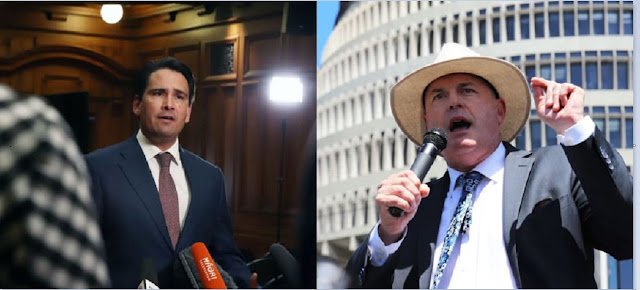JANAM ASTMI SPECIAL 1
RANCHOR: WHEN RETREAT IS THE BEST DEFENSE
Thakur Ranjit Singh
When growing up as “Ranjit” (winner in battle) in Fiji, I was somewhat surprised, and in fact amused to see that sections of Gujarati community had name quite the opposite of mine –“Ranchor” (runner from battle)
It was till very late in life that I knew that Ranchor was in fact one of the names of Lord Krishn.
Many may feel awkward to call Krishn as Ranchor. While people in Punjab and North India name their children “Ranjit”, Gujarati community tend to name their sons as “Ranchor” because of their closeness to Krishn, as this is one of his names.
But yes, Krishn does not mind this name – I will tell about two incidents that gave Krishn this name and that you rarely get explained in detail by your Parcharaks.
 |
| Lord Krishn gave us many lessons from Mahabharat, and He taught us to be smart to win many battles in life. |
Hence, he moves from Mathura to Dwarika, an under-sea city. So when Jarasandh came with his army to attack Mathura, he found it empty, and gave Krishn the name Ranchor.
There is another version of this tag “Ranchor”. After death of Kansa, Jarasandh forged friendship with Kalyavan, who was very powerful, and undefeated. He came with an army of 3 million, which far outnumbered Krishna’s army.
Kalyavan challenged Krishna to a duel, and Krishn lures him to a cave where he knew Muchukund (from Treta Yuga, and forebear of Lord Ram) was in a very deep sleep after battle with Assurs (demons)
 |
| Sage Muchukund's sleep was disturbed by Kalyavan, who was led into the cave by Krishn. The enemy of Krishn, Kalyavan burns to death without a fight. |
Krishn leads Kalyavan into the cave, and seeing Muchukund deep asleep, he puts his shawl – the yellow cloth (pitambar) on the sleeping sage and hid behind a boulder.
Kalyavan mistakenly assumes that Krishna is lying there because the sage had Krishn’s cloth on him. Hence, he kicks him and swears at Krishn for running away. That disturbs the sleep, the sage wakes up, and the light and fire from his eyes burn Kalyavan to ashes.
 |
| This article informs the readers as to why Lord Krishn was called RANCHOR -somebody who runs away from a fight. But it also gives a lesson to us that at times, retreat is the best defense. |
The lesson we learn from these ‘Ranchor” episodes is that we should be humble , smart, expedient and level-headed to know when to choose your battles and when to walk or run away from a situation which is far better than unnecessary conflicts, family disputes and confrontation.
And what is in a name – coward, darpok or Ranchor. Krishn teaches you to be smart, he is Ranchor, so what? We still worship him for his wisdom.
We learn to be brave and smart in being called a coward. At times, retreat is the best defence - be smart like Krishn - withdraw from fights and battles you need not be bothered with. Let others, situations or environments deal with them.
Have a blessed and enlightened Krishn Janam Astmi.
[About the Author: Thakur Ranjit Singh is a journalist and a media commentator, and runs his blog FIJI PUNDIT. He is originally from Fiji and is based in Auckland, New Zealand. E-mail: thakurjifj@gmail.com]























